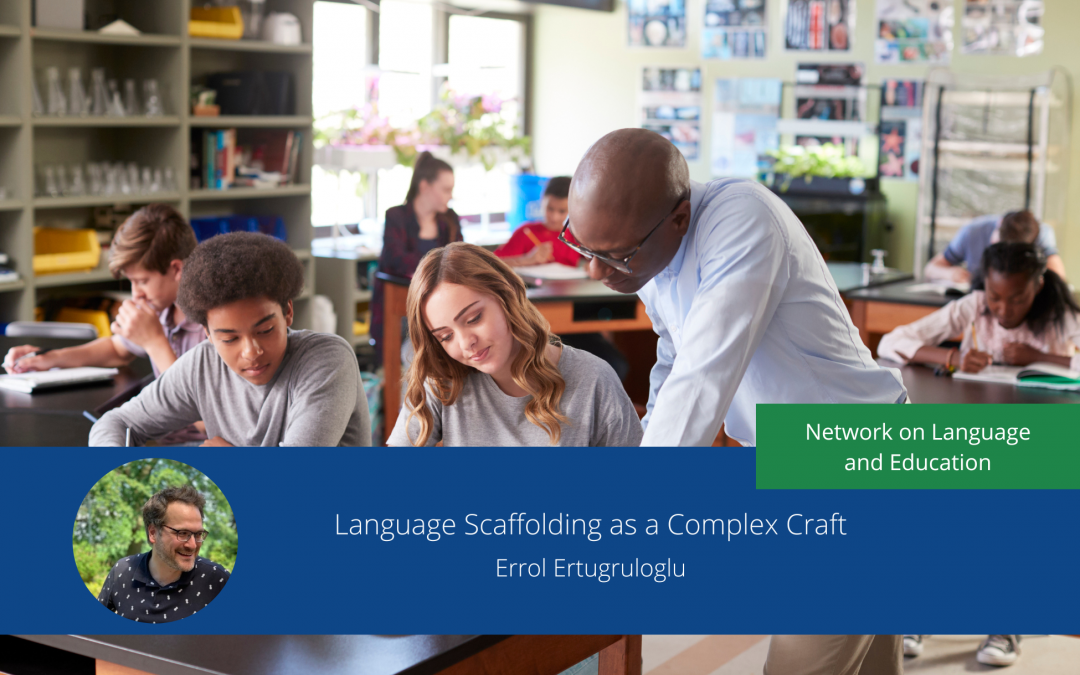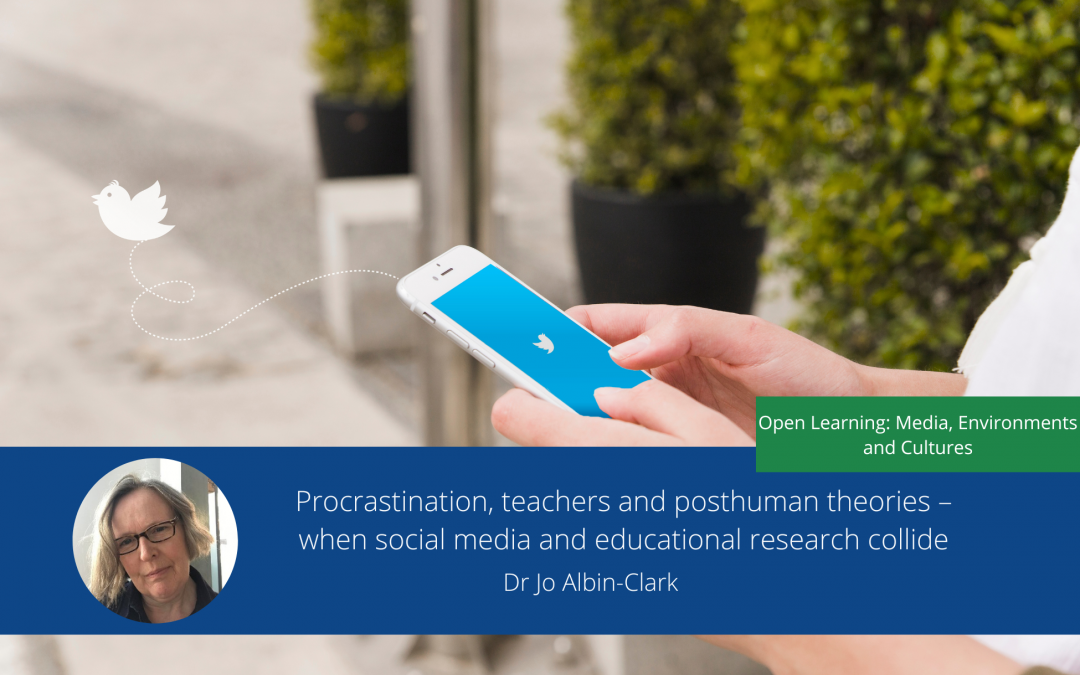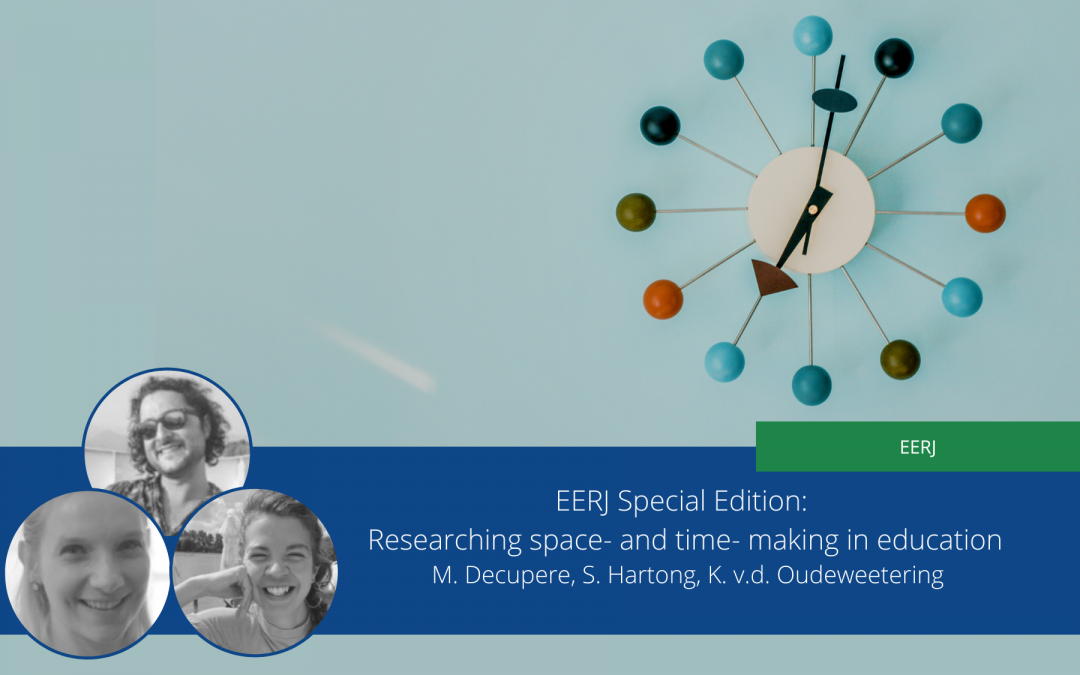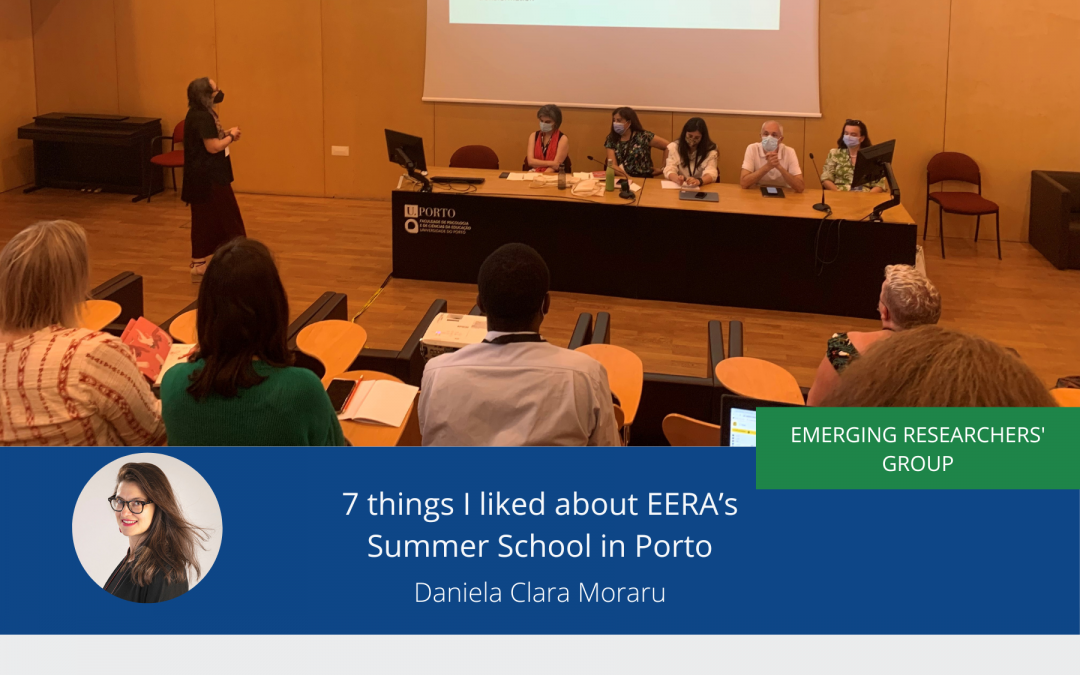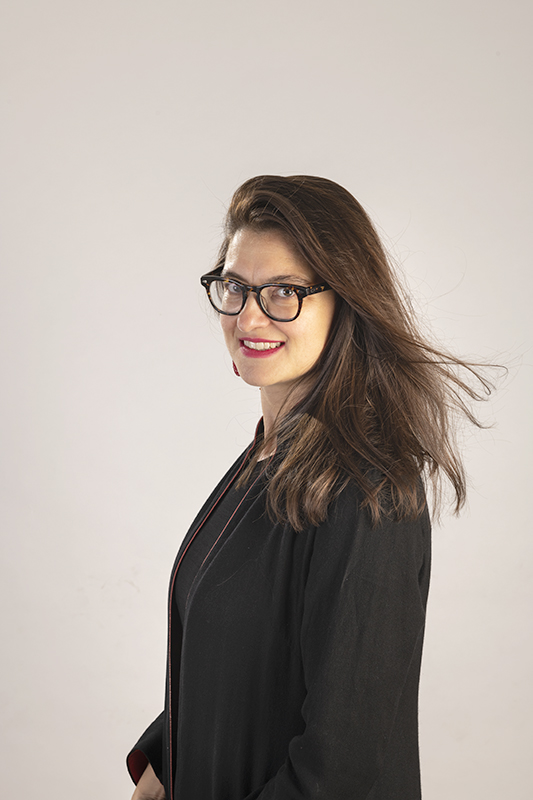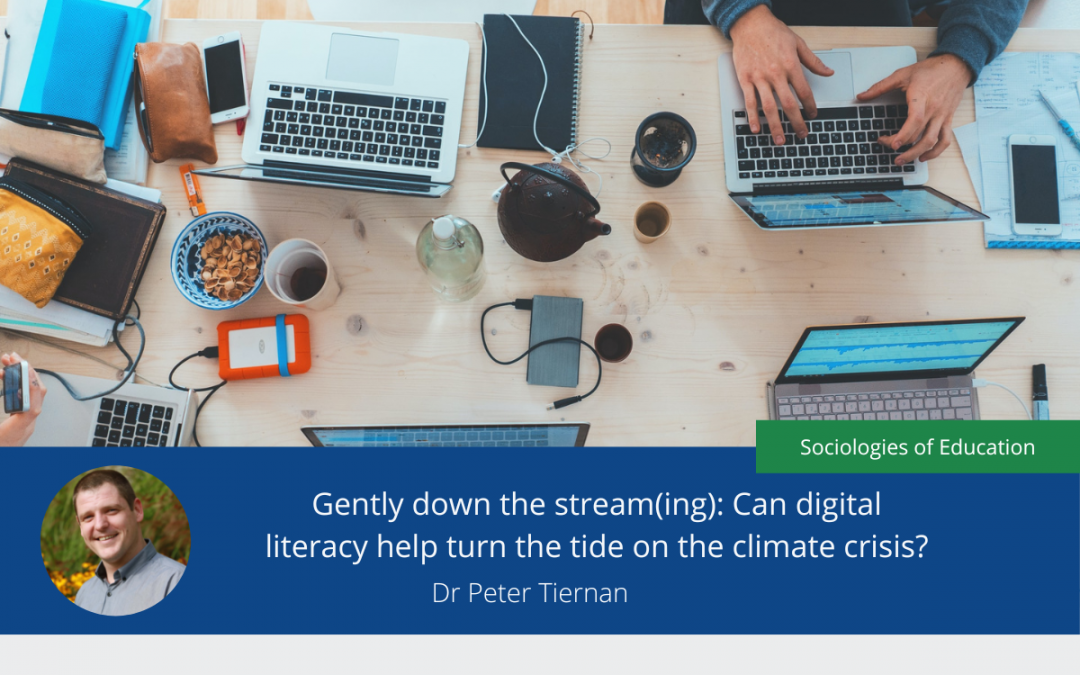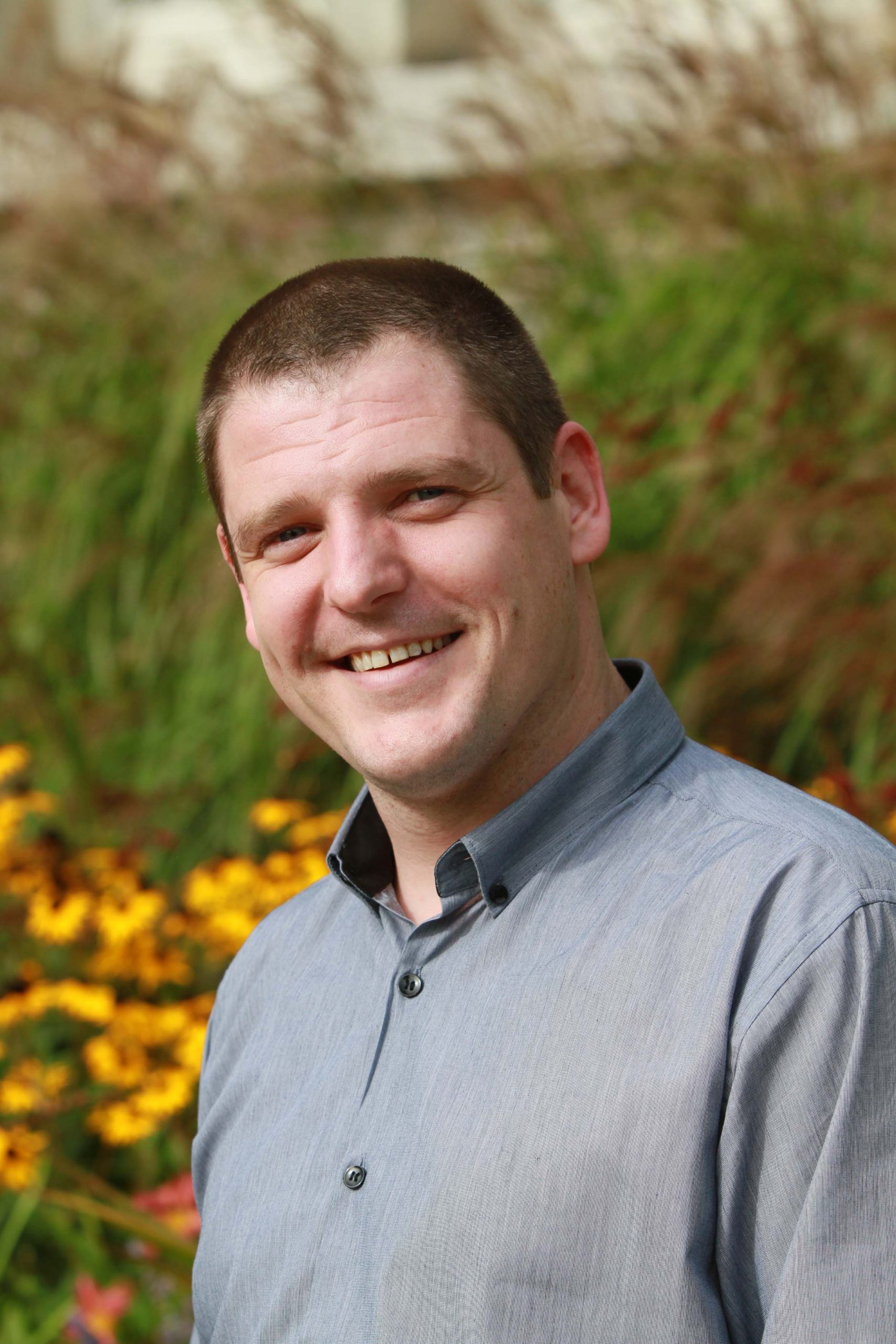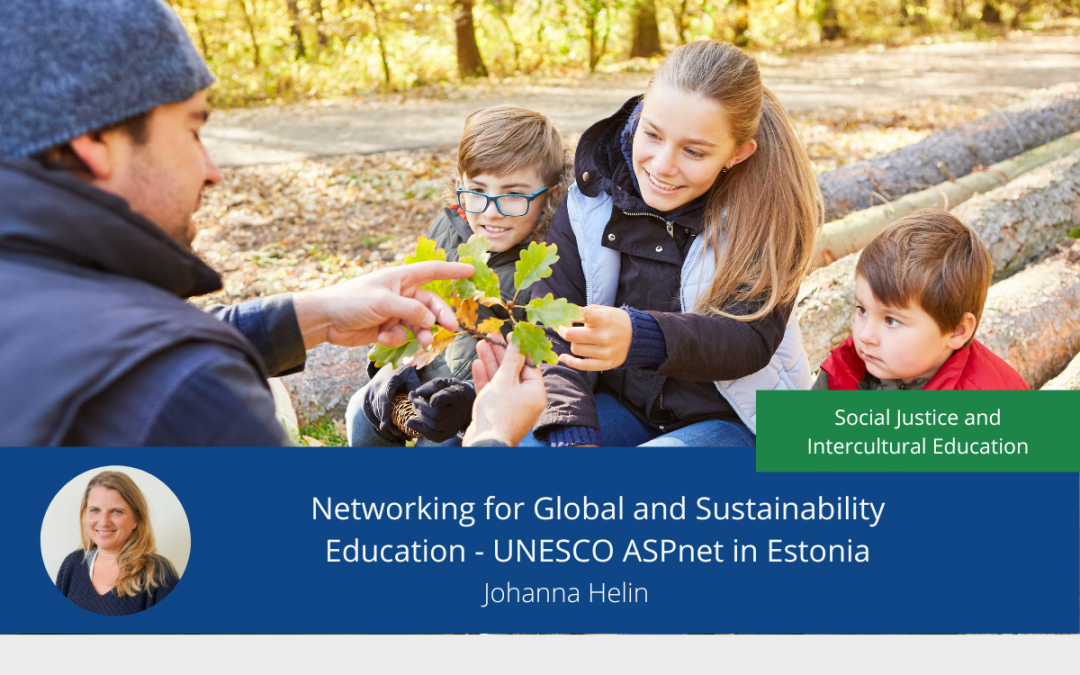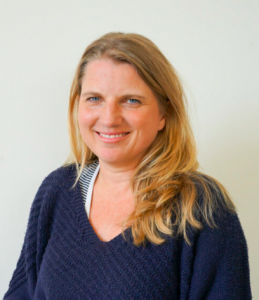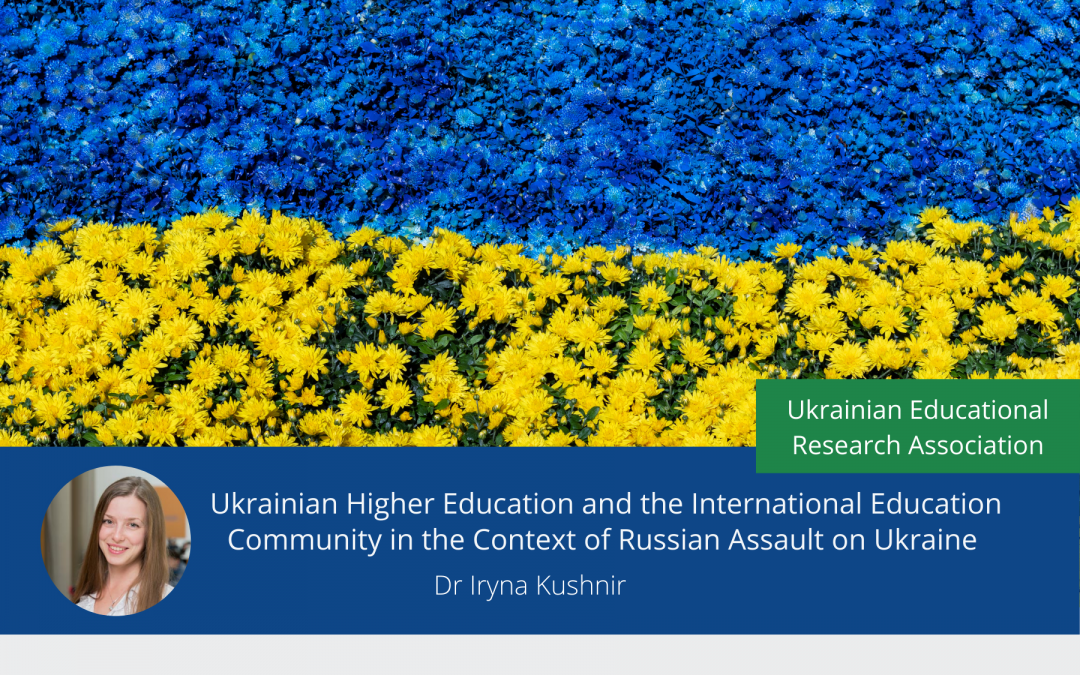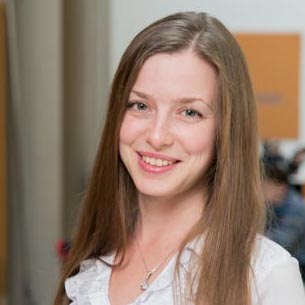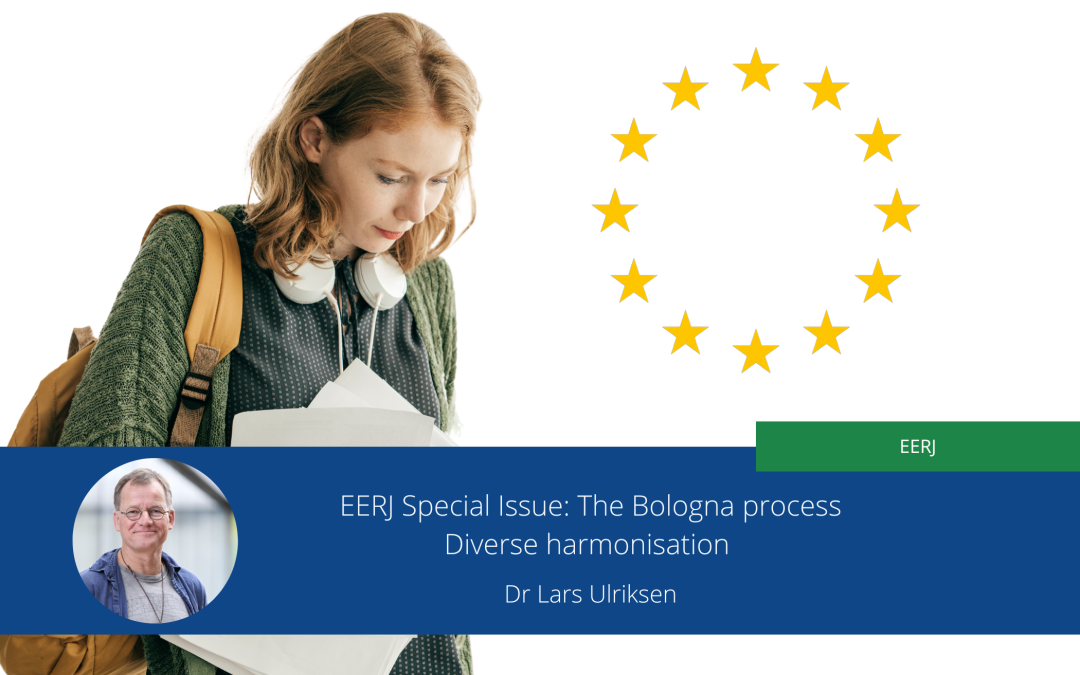
EERJ Special Issue: The Bologna process – diverse harmonisation
The European Educational Research Journal (EERJ) was created by EERA to further the aims of the association and its members, educational researchers across Europe. It is a scientific journal interested in the changing landscape of education research across Europe. It publishes double-blind peer-reviewed papers in special issues and as individual articles. As part of the ongoing cooperation with EERJ, the EERA blog will share updates and information about upcoming and published special issues and articles alongside blog posts from EERJ contributors.
You can find out more about the EERJ and the benefits of a European journal presenting international educational research at the end of this blog post.
The EERJ March 2023 Special Issue was dedicated to the topic of student tradition patterns, from bachelor to master’s level in post-Bologna Europe. We asked the guest editor, Lars Ulriksen, to share his research with the EERA blog.
Special issue: Student transition patterns from bachelor to master’s level in post-Bologna Europe
First published online March, 2023
Lars Ulriksen
Jens-Peter Thomsen
David Reimer, Ulrike Schwabe
Elisabeth Hovdhaugen, Lars Ulriksen
Lene Møller Madsen, Henriette Tolstrup Holmegaard
Heather Mendick, Anne-Kathrin Peters
When, during the past two decades, I have attended conferences and seminars on higher education, ‘the Bologna process’ has been a recurrent theme, sometimes linked to a discussion of ‘the European Higher Education Area’. One of the intentions behind the formation of the European Higher Education Area (EHEA) was to make it easier for students to move between higher education institutions and programmes in different European countries. The Bologna process was launched to achieve this goal, setting up various principles and guidelines with which the countries that had decided to join the process had to align.
What is the Bologna process?
At the heart of the Bologna process is an idea of harmonisation. To allow for a smooth transition between different institutions across countries, there had to be a similarity that allowed students to transfer credits. A key part of this harmonisation was (and is) the 3+2 structure, stipulating that university programmes should be structured in two cycles, a three-year bachelor programme and a two-year Master’s programme. In some countries, this structure caused substantial changes, e.g., in countries where Master’s programmes had previously been integrated entities rather than two separate stages of a bachelor’s degree and a Master’s degree.
This harmonisation has been an object of criticism [1]. At the same time, it has been questioned to what extent the implementation of the EHEA was, in fact, as uniform as assumed [2]. The adoption of the Bologna principles into national policies was affected by national agendas and developments. Thus, the harmonisation unfolded differently in different countries. One could argue that diversity would be an advantage in order to benefit from the possibility of studying in different countries, but in all events, the Bologna process has harmonised the EHEA, but with national differences.
A student’s perspective on Bologna
However, what does it look like from the perspective of the students who have to navigate the structures and principles of EHEA? What happens when the policy is made into text, as Ball puts it [3]? The March EERA Special Issue of EERJ addresses this with an emphasis on the student perspective. Previous studies of the Bologna process have tended to focus on the policy and curriculum level, but at the end of the day, it is students who experience the consequences of the way policy documents are interpreted and transformed into specific study conditions at courses and study programmes.
The papers in the special issue discuss this with different focuses and methods. Some consider the effects at a macro level based on quantitative data. Others use qualitative methods to investigate the way students at an individual level act within the changed framework of a 3+2 structure. In both approaches, the focus is on the consequences at a national level: What are the implications of changes implemented as a part of the Bologna process for students in different countries and programmes? However, what becomes visible when looking across the papers is that the consequences not only vary across countries, but that even at the same institution, disciplinary differences mean that students are affected differently by the new structure.
Differences between countries
One example is the papers by Thomsen [4] and by Reimer & Schwabe [5]. The two papers take a quantitative approach to explore the consequences at a macro level of the introduction of the 3+2 structure in educational systems that had previously been characterised by integrated master’s degrees. The papers analyse data from Denmark and Germany respectively. While each paper offers interesting results at a national level, together they provide a comparative look at differences across systems. A striking result is the effect on access to higher education for different socio-economic groups. In Germany, it seems that introducing the transition state from the bachelor to the master’s level has made the system less equal (contrary to one of the expressed intentions of the process (Prague Communique, 2001)). In Denmark, on the other hand, this does not seem to be the case. The structure does not affect the chances of students of different socio-economic backgrounds – instead, the inequality has remained depressingly unchanged since the 1990s.
Differences between disciplines
Another example is a comparison of the reflections and experiences of students in two different study programmes at the same university [6]. While the students in the integrated programme could just follow the traditional path of the discipline with a long history in science, students in the other programme found choosing what to do after the bachelor’s degree more challenging and uncertain. This is because they attended an interdisciplinary bachelor programme without a long tradition. Thus, differences between disciplines and the institutional capital linked to the disciplines present the students with different opportunities and difficulties.
The benefits of the EERJ Special Issues
For me, the papers of this special issue show why we should have an EERJ journal and special issues, and why we should use different methods in educational research. Looking across national contexts makes us aware of similarities as well as differences, and it reminds us of both what is different and what is common across borders. Bringing analyses of the same topic in different contexts together in one issue emphasises precisely this point because the separate analyses engage in a conversation with each other. This conversation concerns national differences, but also the contributions of different methods and levels of analysis – that the patterns at the macro level are lived in individual practices that, in turn, are reflected at an aggregate level in the statistical analyses. The dialogue between the papers invites curiosity and further study of the dual process of harmonisation and diversity.
Contributions to the EERJ March Special Issue
Students’ choices and paths in the Bologna degree structure: An introduction to the special issue
Lars Ulriksen
Moving to opportunity: Student trajectories in the post-Bologna university system in Denmark
Jens_Peter Thomsen
Stability or change? Social inequality at the transition from bachelor’s to master’s degree programmes in Germany. Empirical evidence from four graduate cohorts
David Reimer and Ulrike Schwabe
The historic importance of degree structure: A comparison of bachelor to master transitions in Norway and Denmark
Elisabeth Hovdhaugen and Lars Ulriksen
Science students’ post-bachelor’s choice narratives in different disciplinary settings
Lene Møller Madsen and Henriette Tolstrup Holmegaard
How post-Bologna policies construct the purposes of higher education and students’ transitions into Masters programmes
Heather Mendick and Anne-Kathrin Peters
Key Messages
- The Bologna process has mostly been studied at a policy level, but we should also consider what it looks like from the students’ perspectives
- Even though the Bologna process introduces a uniform structure, its implementation does not always have the same consequences in different countries, e.g., concerning how it affects equal access to higher education
- Even within the same country, students at different study programmes may experience the 3+2 structure differently because the disciplines have different institutional capital
- The special issue is an example of what is gained by using different methods and bringing together different contexts
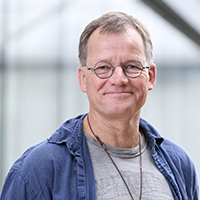
Dr Lars Ulriksen
Professor at the Department of Science Education, University of Copenhagen
Lars Ulriksen is a professor at the Department of Science Education at the University of Copenhagen. His research focuses on the encounter between students and the higher-education programmes with a particular focus on students’ transitions into higher education and onwards. He is the head of the University Science Education research group.
ORCID: 0000-0002-7094-132X
https://www.ind.ku.dk
Other blog posts on similar topics:
[1] Wihlborg, M. (2019). Critical viewpoints on the Bologna Process in Europe: Can we do otherwise? European Educational Research Journal, 18(2), 135-157. https://doi.org/10.1177/1474904118824229
[2] Broucker, B., De Wit, K., Verhoeven, J. C., & Leišytė, L. (Eds.). (2019). Higher Education System Reform. An International Comparison after Twenty Years of Bologna. Brill Sense.
[3] Ball, S. J. (1993, 1993/04/01). What is Policy? Texts, Trajectories and Toolboxes. Discourse: Studies in the Cultural Politics of Education, 13(2), 10-17. https://doi.org/10.1080/0159630930130203
Ball, S. J. (2015, 2015/05/27). What is policy? 21 years later: reflections on the possibilities of policy research. Discourse: Studies in the Cultural Politics of Education, 36(3), 306-313. https://doi.org/10.1080/01596306.2015.1015279
[5] Reimer, D., & Schwabe, U. (2023). Stability or change? Social inequality at the transition from bachelor’s to master’s degree programmes in Germany. Empirical evidence from four graduate cohorts. European Educational Research Journal, 22(2), 170-197. https://doi.org/10.1177/14749041221101293
[6] Madsen, L. M., & Holmegaard, H. T. (2023). Science students’ post-bachelor’s choice narratives in different disciplinary settings. European Educational Research Journal, 22(2), 216-235. https://doi.org/10.1177/14749041221095151

